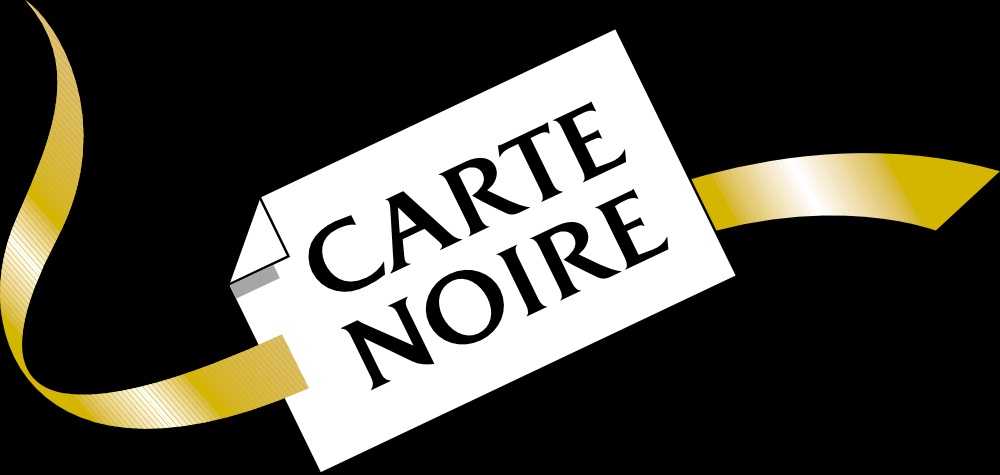PARIS, France – With the acquisition of Carte Noire, a leader on the French coffee market, Lavazza marks another significant step forward in the Company’s international growth, with the aim of competing with the industry’s major players in this phase of market consolidation.
This is the strategy presented today by Lavazza, the Italian coffee company, during an international press conference called to present the details of the transaction.
Lavazza’s top managers explained that the agreement with the Jacobs Douwe Egberts (JDE) group was finalised on 29 February, following the approval by the French competition Authority and the European Commission, and the completion of the information and consultation process with the relevant employees’ representative organisations.
Lavazza was assisted by JP Morgan acting as Financial Advisor, Boston Consulting Group as Strategic Consultant and Cleary Gottlieb Steen & Hamilton as Legal Advisor. A pool of four banks (club deal) — formed by Intesa Sanpaolo, Bnl-Bnp Paribas, Rabobank and Unicredit — provided a medium-term corporate loan of €400 million.
The financing transaction was finalized with the support of Rothschild as Financial Advisor and Clifford Chance as Legal Advisor.
The transaction involves the acquisition of Carte Noire’s brands and businesses within the European Economic Area (EEA, which includes the 28 EU member states, and Iceland, Liechtenstein and Norway), in detail: Roast&Ground coffee, whole bean coffee, soft pods and Nespresso-compatible capsules.
The agreement also covers a five-year license for the Senseo brand for soft pods and Nespresso-compatible capsules in Austria. The agreement does not include Tassimo and — for the first two years only — instant coffee and products for the away-from-home channel.
The scope of the acquisition also includes the Lavérune production plant, in the Languedoc-Roussillon Midi-Pyrénées region, which will continue to make the products covered by the agreement, thus becoming part of the Lavazza’s global production system.
“The acquisition of Carte Noire by Lavazza unites two companies which are very similar in terms of their history, image level and culture of quality,” commented Antonio Baravalle, Lavazza’s CEO.
“At the same time, the complementary nature of the respective consumption segments, which sees Lavazza among the leading brands on the French away-from-home market and Carte Noire in the retail segment, opens the way to significant development potential.”
A leader in France with a 20% share of the retail market (by volume; source: Nielsen), Carte Noire is the most important of a number of recently concluded acquisitions.
During his presentation, Lavazza’s CEO recalled that in 2015 the Merrild brand — the long-established leader in Denmark and the Baltic countries — became part of the Group, whilst in Australia — the country where the company holds a significant market share — the distribution operations were taken over at the end of last year and a new Group subsidiary was incorporated.
“We have been sustaining our growth for some time,” stated Baravalle. “In addition to the recent acquisitions, I would like to mention the major refurbishment of our industrial sites, the significant investments in marketing, communications and innovation and the ongoing development of our new headquarters in Turin: a total commitment that has exceeded €1 billion.”
“Considering the process of consolidation in progress, our goal is to reach a dimensional level that allows us to play an ever more central role on the market, whilst keeping our own identity and values, and create an independent global Group, specialised in coffee, ready to compete at international level,” Lavazza’s CEO added.
Baravalle himself identified such dimensional level in the €2 billion turnover threshold, with a contribution by the foreign markets of more than 70%.
This target does not seem to be far off: in the past 5 years, the aggregate growth rate (CAGR) has been 5% a year, “despite the negative economic context.” In 2015, the Group’s turnover exceeded €1.4 billion, growing by 8%. Lastly, the turnover forecast for 2016 is already €1.7 billion thanks to internal growth and the contribution of the new companies.
The Group’s level of internationalisation is also continuing to accelerate rapidly, reaching 55% of turnover in 2015 — thanks particularly to the contribution of key countries such as Germany (+11%), the United States (+20%), Great Britain (+19%) and France (+10%) — and will reach 65% at the end of the current year.
Lavazza — backed by its history spanning more than 120 years — is in a position to play a leading role in an increasingly competitive world market, featuring a significant level of business combinations.
This was also highlighted by the Group’s two Vice Presidents: “We are very satisfied with this acquisition, which we do not hesitate to call a ‘perfect marriage’ and which now makes the entire group stronger,” commented Giuseppe Lavazza.
“It is a transaction that makes France, the country where we started our international expansion process in 1982, our second most important market after Italy: namely a hub of 500 employees with an estimated turnover in the region of 20% of total Group turnover, in the current year.”
“We are pursuing a growth project that also envisages future significant investment in research and development, which is a fundamental element of our success,” emphasised Marco Lavazza.
“In fact we are seeking to combine our efforts — aimed at constantly improving the quality of our products and processes — with a major focus on sustainability issues, which is an essential aspect for future industrial development.”


















